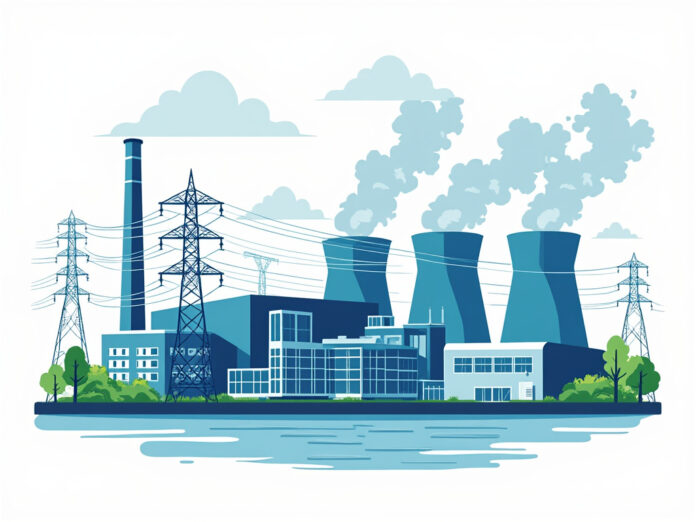The Economic Coordination Committee (ECC) has refused to approve a proposal to continue gas supply to Fatima Fertilizer and Agritech, the two SNGPL-based urea plants, until March 31, 2026, despite a request from the Ministry of National Food Security and Research, Business Recorder reported.
The ministry informed the ECC that the two plants, with a combined annual production capacity of around 900,000 tonnes, are essential for maintaining stable urea supplies. Pakistan’s total urea production capacity stands at 6.6 million tonnes annually, sufficient to meet domestic demand if all plants receive uninterrupted gas.
Eight of the country’s ten urea plants operate on gas from the Mari and SSGC systems and remain functional year-round. The remaining two plants rely on RLNG supplied through SNGPL. Since October 2018, their operations have depended on ECC approvals, as they no longer receive indigenous gas. Past closures have caused production losses and forced costly urea imports.
The food security ministry said both plants have been operational since April 2023, helping build strong buffer stocks of over 300,000 tonnes per month. Urea prices have declined 8.4% since July 2024, now averaging Rs4,311 per 50kg bag (PBS), compared to Rs4,705 in July. Meanwhile, international prices have risen 14.1%, with imported urea costing Rs7,275 per 50kg bag as of October 16, 2025.
The ministry projected that continued operation through March 2026 would ensure 4.399 million tonnes of urea availability during Rabi 2025–26 — enough to meet the expected 3.486 million tonnes of demand, leaving adequate month-to-month stocks.
However, shutting the two plants after October 30 would result in a production loss of 401,000 tonnes, reducing closing stocks and risking shortages and price escalation during the next Kharif and Rabi seasons. Demand is expected to rise due to provincial incentives, including interest-free loans, cash support and the adoption of high-yield crop varieties.
The Petroleum Division supported operations only until December 31, 2025, noting that a separate summary is being prepared for allocation of indigenous gas to fertiliser plants and a review of RLNG arrangements.
After discussion, the ECC declined the proposal to extend gas supply until March 31, 2026. It instead recommended keeping the two units operational only until December 31, 2025, subject to a detailed review.
The ECC directed the Ministry of National Food Security and Research to submit a comprehensive report by December 15, 2025, assessing nationwide gas availability and urea supply before a final decision is taken.




